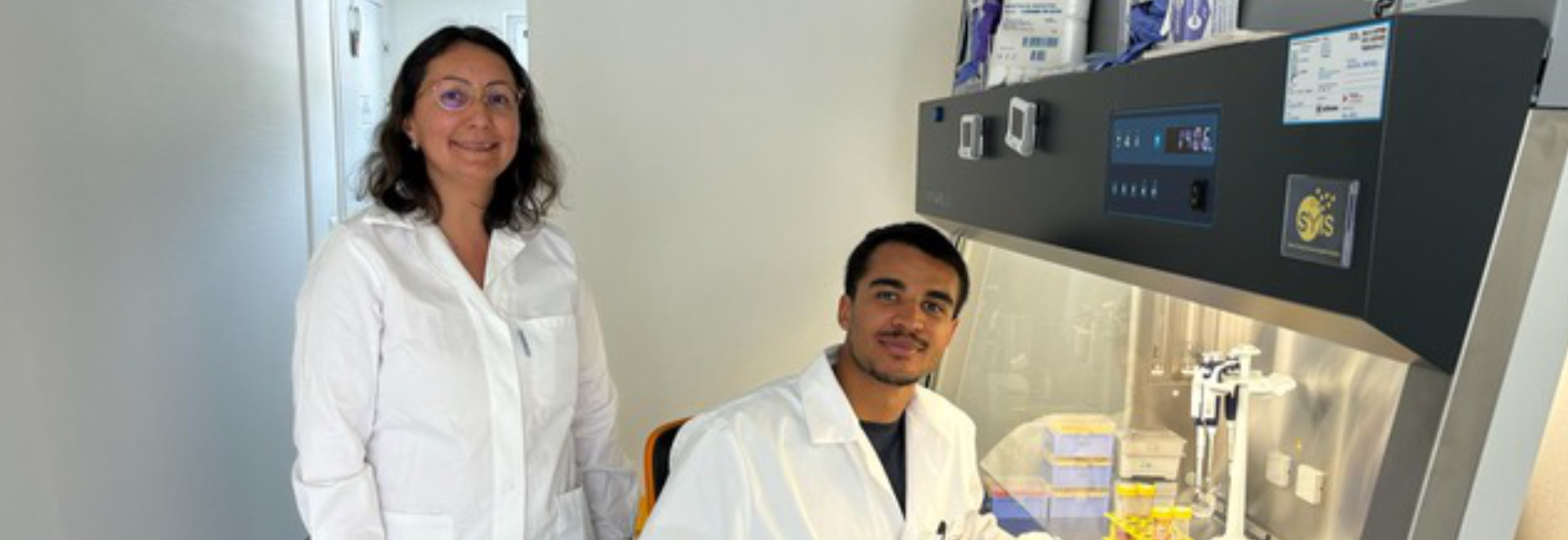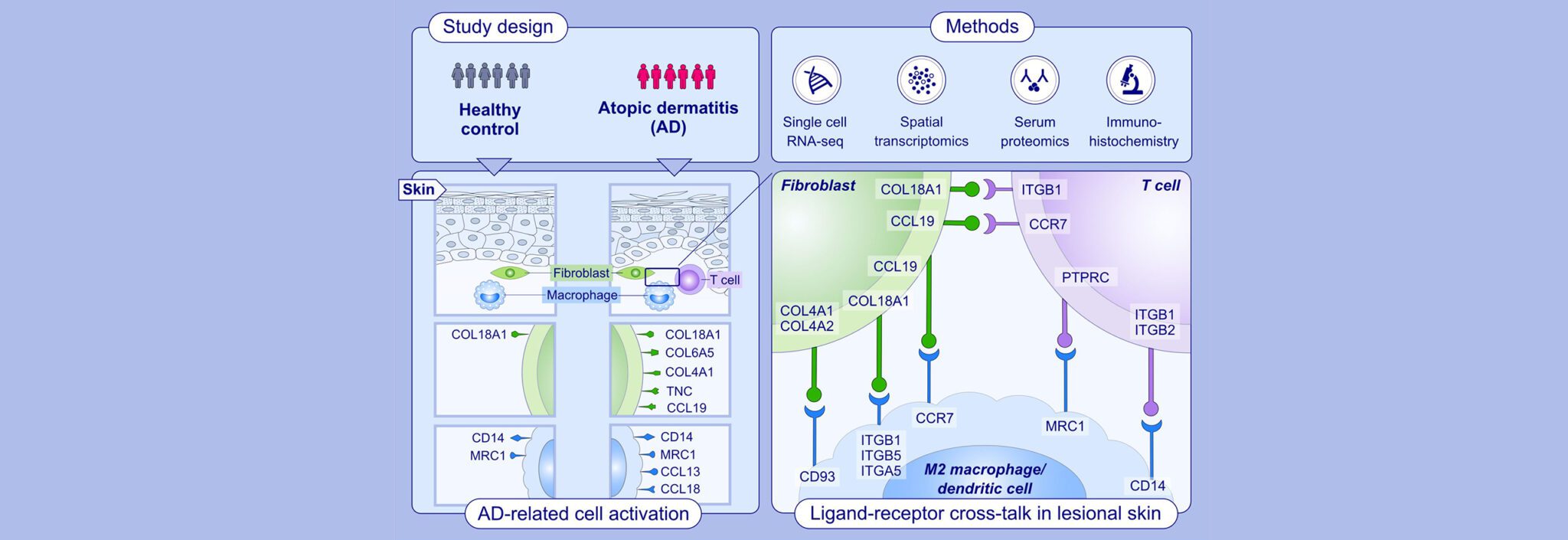There is still no treatment that can fully cure children with asthma and allergic diseases. Treatments are concentrated on tackling the symptoms. The symptoms can thus be relieved but the treatments usually have to be taken by patients for very long periods of time or even their whole lives. The best long-term therapy is still the avoidance of the causative allergen, e.g. certain foods.
As yet no effective strategies for preventing allergies have been found by researchers. There is hence a need to develop new approaches.
The prevention of allergies by means of diet in early childhood is one such approach that deserves consideration. Until recently prevention simply involved advising people to avoid certain foods, especially in infancy and early childhood. However, the latest recommendations no longer point in this direction. This is because it has not been proved that leaving out certain foods or introducing them at a later stage can actually prevent allergies. On the contrary, new proposals concentrate on the fact that early contact with allergens can induce immune tolerance. For instance, a time window might be opened in early childhood for preventing the development of allergies.
In our study on farmers’ children (PASTURE/EFRAIM) we have already shown that varied baby food in the first year of life reduces the risk of atopic dermatitis. We also demonstrated the same effect for asthma, food allergy and allergic sensitisation. Independently of these findings, we were also able to show the protective effect of supplementary baby food, mainly dairy products (e.g. yoghurt), introduced in the first year of life (as described in the Newsletter of October 2012).
Our findings from the farmers’ children study support the hypothesis that early contact with different allergens in the child’s intestinal tract is necessary for immune tolerance to develop. The nature of the diet, the gut flora and the immune response are closely interconnected. One possible explanation for the protective effect might be the early colonisation of the gut with microbes and their metabolic products. It has already been shown that what are known as short-chain fatty acids, metabolic products of certain intestinal bacteria, have an anti-inflammatory effect. These short chain fatty acids are generated by the fermentation of carbohydrates in the intestinal tract but they are also contained in food. One of these fatty acids, butyrate, is found in the triglycerides of cow’s milk. Therefore the natural butyrate content is high in dairy products.
We observed the preventive effect of short-chain fatty acids for the first time in the mouse model of allergic respiratory inflammation (similar to asthma).We gave the short-chain fatty acids orally to the mice throughout the duration of the experiment. In a healthy lung there are normally only a few macrophages passing through the lung. As soon as an allergy is triggered, the cell count in the lung rises sharply, which is mainly due to the migration of eosinophilic cells. We flushed out the lungs of mice in our allergy model and counted the cells they contained. We were able to demonstrate that the administration of short-chain fatty acids can markedly reduce the number of cells contained in the bronchoalveolar lavage (BAL, washing out the lung).
Messengers typical of an allergy also decrease markedly due to the administration of short-chain fatty acids, which further confirms the protective effect of these fatty acids in allergy.
These promising results in the mouse model have prompted us to tackle further projects along these lines. There are plans to administer short-chain fatty acids in combination with a butyrate boosting substrate as well as butyrate-producing probiotics.
In the study on farmers’ children we plan to investigate the level of short-chain fatty acids in stool samples from the first year of life. The link between fatty acid content and diet is to be investigated.
The results outlined above point to possible avenues for developing effective dietary strategies for the prevention of allergic diseases.









